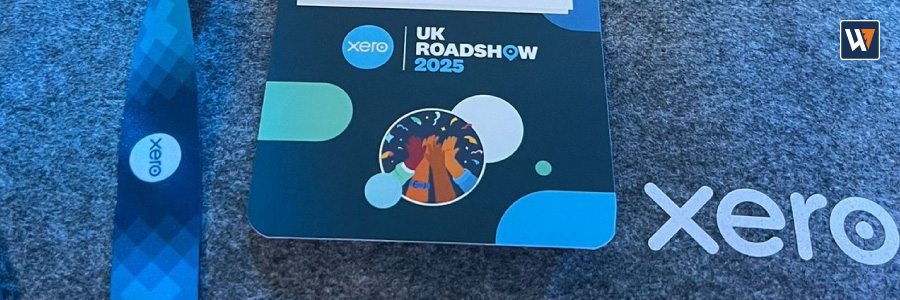Life Interest Trusts and Mandated Income
31st August 2017With the taxation of dividends and interest having changed with effect from April 2016, many trusts may face the requirement to file an annual tax return and pay income tax on their income, even though the income (and credit for the tax paid) will also be declared by the trust beneficiary.
HMRC allow trustees to dispense with preparing a return under these circumstances, but only where the income is mandated directly to the beneficiary. Here, the income can simply be declared directly by the beneficiary, and they can pay any tax due personally. A common question here is how HMRC define ‘mandated’ – it is often the case that a stockbroker will maintain a separate income account for the trust, and make monthly or quarterly payments directly to the beneficiary.
The CIOT have recently queried this (along with a number of other scenarios) with HMRC, and they have now published their response.
In cases similar to those described above, it should therefore be possible for the income to be declared directly by the beneficiary, which may mean that the trustees do not meet the requirements to file an annual tax return.
This should be welcome news for many Life Interest Trusts. Please contact us if you would like discuss how recent tax changes might affect your trust, or if you have any other trust-related queries.
Disclaimer - All information in this post was correct at time of writing.








